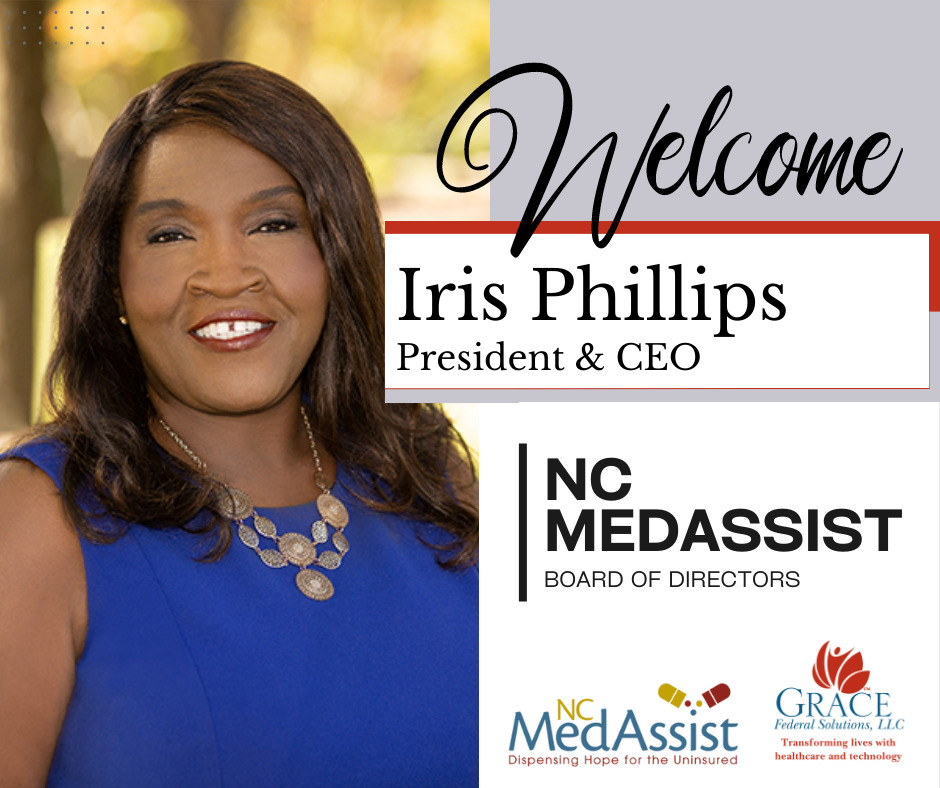Artificial intelligence and digital technologies are quickly transforming numerous aspects of our world, healthcare included.
How is AI Being Used in the Healthcare Industry Today?
The healthcare industry is seeing AI emerge as a game-changer in many capacities.
Through the combination of artificial intelligence (AI) and healthcare practices, clinicians have benefited from faster diagnosis, pharmaceutical companies have been able to accelerate development, and health insurance companies have made strides in automating claims processing.
With AI, clinical and nonclinical decisions can be made more quickly, medical variability can be reduced, tedious administrative tasks can be minimized, and staffing can be optimized.
What Are Some of the Benefits of AI in Healthcare?
- AI is improving patient risk identification by using historical patient data to provide real-time support to clinicians in identifying at-risk patients.
- Image analysis and diagnosis can be automated, helping physicians highlight areas of interest on a scan, thereby driving efficiency and reducing the risk of error. In addition, AI diagnostic imaging analysis can identify conditions faster, promoting early intervention. Artificial intelligence can also help clinicians prioritize their time and give them more opportunities to focus on patient care.
- AI also improves drug discovery. Vast databases of information on existing medicine are being used to develop AI solutions designed to identify potential new therapies that could be redesigned to target critical medical threats like the Ebola virus.
- AI is providing better access to healthcare and combating demand challenges. AI technology is being used to give patients advice via a voice or chat-based system. This will provide quick, measurable access to healthcare advice for patients with basic questions or medical issues, thereby avoiding unnecessary doctor trips and reducing the rising demand for primary healthcare providers. Remote or under-served areas can then also gain access to basic guidance for a subset of conditions.
- AI is being used in other ways to foster equity in the healthcare system as well. The use of data sets based on diverse patient populations is allowing algorithms to be developed to overcome the structural barriers that have previously prevented getting healthcare solutions to the right places at the right time.
- Further education and training are being supported by AI, addressing the growing demand for surgical video capture and analysis. The use of artificial intelligence has revolutionized the capture, storage, and analysis of surgical videos for the purpose of continuing education and training.
Artificial intelligence is capable of addressing some of the biggest challenges in healthcare today, including managing costs, reducing physician burnout, improving patient care and diagnosis, and fostering health equity. Similarly, professional healthcare consulting and management solutions can help organizations navigate common challenges faced by the industry.
Grace Federal solution’s team of highly driven experts focuses on providing actionable strategies and support solutions for various healthcare sectors, including clinical research, talent management, administrative support, project management, quality assurance, compliance services, data management, and IT. Get in touch today to find out more.






